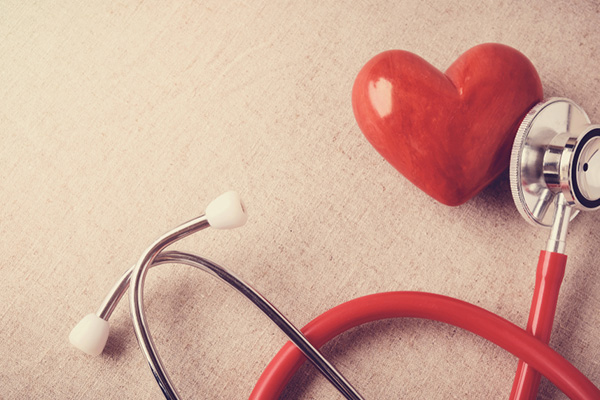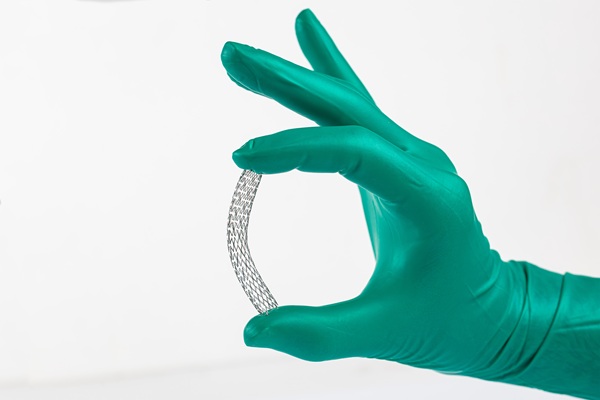A Guide to Common Cardiology Tests

If you believe you have heart problems, cardiology exams can provide the information you need to move forward. Your cardiologist can give you various tests to determine whether you have a condition and how to treat it. The tests can also confirm the extent of your issues and what you can do to combat them and once again have a healthy heart.
Factors that lead to heart problems
A healthy heart will effectively pump blood throughout the person’s body. However, various lifestyle choices and other issues can have a negative impact on this function. People who smoke are more prone to developing heart conditions than those who avoid tobacco. Also, people who eat poorly and consume large amounts of salt, sugar and fatty foods are at great risk of having heart disease and other related problems. Lack of exercise, age and family history are also common factors.
Echocardiogram
This test can detect congenital heart problems and unhealthy functions of the heart. It ordinarily takes up to an hour to perform this procedure. A technician will place a few stickers on the patient’s chest and will then use a probe to take pictures of the heart. The test is much like an ultrasound.
EKG
An electrocardiogram, or EKG, assesses the electrical activity of a person’s heart. It is a common test in the cardiology department. This test can show the cardiologist whether the heart has an abnormal heartbeat, whether it is too fast, too slow or irregular. It may also reveal whether there are abnormally large parts of the heart.
X-ray
A radiologist will take these pictures of the heart. It can measure the size and identify whether the heart is too small or too large. Some patients may worry that getting this test in the cardiology department will expose them to radiation. However, the amount is small and the staff will take every precaution possible to protect the patient.
MRI
Like an X-ray, magnetic resonance imaging will take a picture of the heart. This test can show the cardiologist what the heart looks like as well as how effectively it is working. Using magnet waves, the MRI will help assess the health of the blood vessels too. This procedure usually takes around half an hour. The patient must remain completely still during the entire process.
CT scan
This is yet another way for the cardiology department to get clear images of the patient’s heart. Catheters are not needed for this procedure. The doctor will place an IV in the patient and the overall process is usually faster than an MRI.
Getting the right information from the cardiology team
Your cardiologist will know which test or tests you need to get a proper diagnosis. After the test, the doctor will discuss the results with you and develop a treatment plan going forward. These tests have little pain or discomfort, so you should not have concerns about the procedures. The results can give you peace of mind to know what lies ahead and what you can do to find relief.
Get more information about Florida Premier Cardiology in Boynton Beach at https://boyntonbeach.floridapremiercardio.com.
Check out what others are saying about our services on Yelp: Read our Yelp reviews.
Recent Posts
Coronary stent placement is a treatment for coronary artery disease, a buildup of plaque (fat and cholesterol) around the heart's arteries. Along with angioplasty, a stent helps restore blood flow to the heart, relieving symptoms such as chest pain and shortness of breath and helping prevent a heart attack. The following overview of coronary stent…
Heart disease treatment encompasses a range of interventions, from lifestyle changes and medications to surgical interventions. Individuals can manage their condition and improve their quality of life by working with a cardiologist. Successful heart disease treatment starts with the patient having the information they need to make informed decisions about their health.Also known as cardiovascular…
A heart specialist is a doctor specializing in diagnosing and treating cardiovascular conditions. Patients may be referred to one of these doctors for several reasons, from diagnosing a heart health issue to getting cleared for surgery. However, seeing a heart specialist is even more crucial for those either experiencing the signs of heart disease or…
Cardiologists perform angioplasty to open blocked arteries, specifically those caused by coronary disease. This minimally invasive alternative to open heart surgery can restore proper blood flow to the heart and often reverse the fast track to a heart attack. However, learning when one is necessary is crucial for treatment success.Coronary artery disease (CAD) is a…


